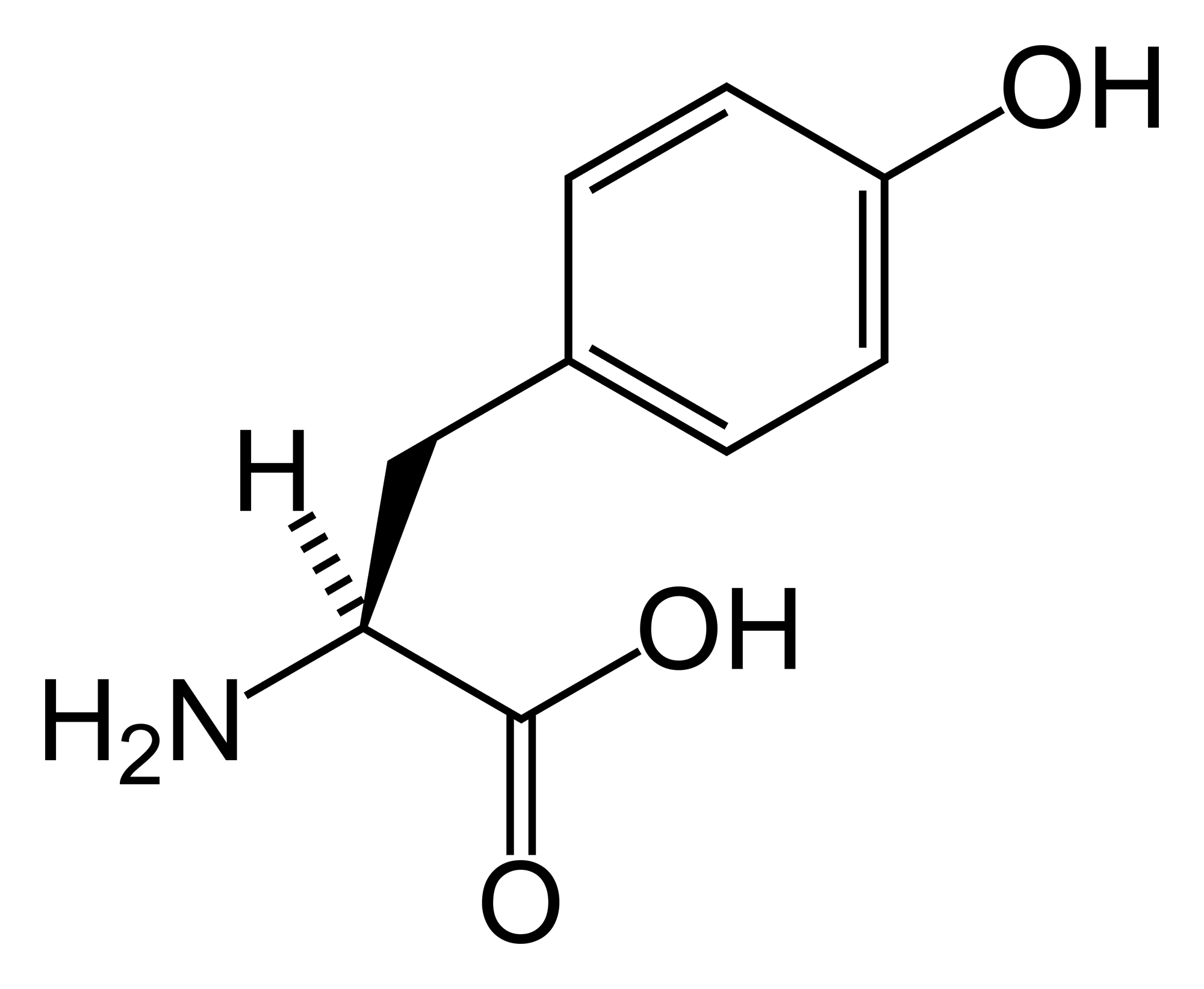Type III tyrosinemia
Editor-In-Chief: C. Michael Gibson, M.S., M.D. [1]; Associate Editor(s)-in-Chief:
| Type III tyrosinemia | |
 | |
|---|---|
| Tyrosine | |
| ICD-10 | E70.2 |
| ICD-9 | 270.2 |
| OMIM | 276710 |
| DiseasesDB | 29836 |
| eMedicine | ped/2339 |
| MeSH | D020176 |
Overview
Type III tyrosinemia is a rare disorder caused by a deficiency of the enzyme 4-hydroxyphenylpyruvate dioxygenase (EC 1.13.11.27), encoded by the gene HPD. This enzyme is abundant in the liver, and smaller amounts are found in the kidneys. It is one of a series of enzymes needed to break down tyrosine. Specifically, 4-hydroxyphenylpyruvate dioxygenase converts a tyrosine byproduct called 4-hydroxyphenylpyruvate to homogentisic acid. Characteristic features of type III tyrosinemia include mild mental retardation, seizures, and periodic loss of balance and coordination (intermittent ataxia). Type III tyrosinemia is very rare; only a few cases have been reported.